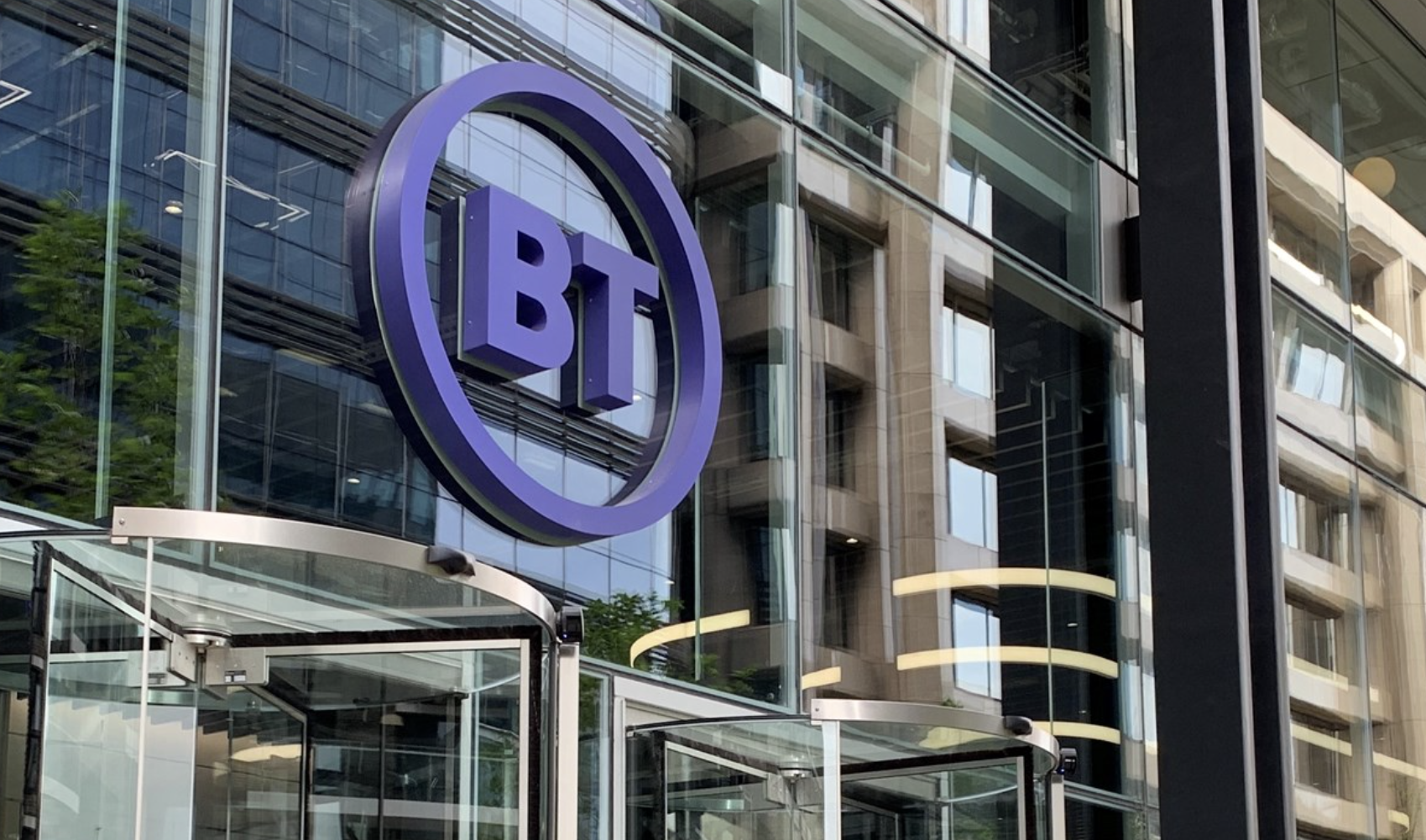For nearly 50 years, Joanne Grace served her Ohio community as a registered nurse and, later, as a patient advocate. She loved her job and her patients, who benefited tremendously from the care only someone with her deep experience can bring.
But when the hospital where she worked was acquired by a large healthcare system several years ago, Grace says, she and other seasoned nurses were pushed out of their jobs in favor of younger, less experienced—and cheaper—employees. According to Grace, she was subjected to overt age discrimination, with her boss questioning her about why she wanted to continue working at her age and asking her when she planned to retire. When Grace brought this to the attention of HR, she says, she was called an “old warrior.”
Grace was ultimately replaced by someone less qualified and more than half her age. When she tried to sue, her employer attempted to push her into the secret chamber of forced arbitration, where she could not present her claims in open court and hold her employer publicly accountable.
Two years ago, we spearheaded the passage of the Ending Forced Arbitration for Sexual Assault and Sexual Harassment Act, which prevents survivors of sexual misconduct from being forced into arbitration. When we watched President Biden sign that bill into law at the White House on an early March day in 2022, we vowed we would not stop until other survivors of workplace toxicity also had the right to have their day in open court.
Today, we are making good on that promise by championing the Protecting Older Americans Act, which would prevent survivors of age discrimination like Grace from being forcibly shunted into arbitration. Last week, this groundbreaking legislation passed out of the Senate Judiciary Committee with broad bipartisan support and now heads to the full Senate for a vote.
Grace’s story is horrific but, sadly, not unique. This year, more than 80% of all American workers will be subjected to forced arbitration, deprived of their right to seek justice from the courts. But what makes Grace’s case even more egregious is that her employer notified her she was bound by arbitration because she continued to work after her company held an arbitration training—a training in which she claims never to have participated.
In her arbitration proceeding, she could only call one witness employed by her organization and could request no more than 25 documents in total. In court, she would be able to call any number of witnesses and demand all relevant documents through the discovery process. And unlike arbitration, her court case would be a matter of public record, rather than hidden from public view.
No wonder, then, that most people bound by forced arbitration do not bother to pursue their claims. Employees are awarded financial compensation in fewer than 2% of all arbitration cases and, even in the rare instance when they do collect a monetary award, the amount is far less than they would have received had they sued in state or federal court. The deck is so stacked in favor of employers that most workers have to wonder whether it is even worth complaining at all.
At a time when nearly 78% of older workers report that they have either seen or experienced age discrimination in the workplace, the need to rewrite the laws to favor workers and protect older Americans from wrongful termination is more urgent than ever. The good news is that there is broad bipartisan agreement that we must eradicate forced arbitration for age discrimination.
According to a Morning Consult poll that our organization conducted last year, 71% of women and 59% of men agree. This consensus spans the political gamut: from those who identify as conservative to those who consider themselves progressive, from the oldest baby boomers to the youngest members of Gen Z, from those who live in the Northeast to those who live in the Southwest. In fact, in this polarized political environment, allowing survivors to have their day in court may be one of the few public policy initiatives that bring Americans together.
The efforts of survivors to change the law should sound a four-alarm warning for companies that persist in depriving their workers of their right to air their claims publicly. Lift Our Voices has already helped to pass legislation that benefits survivors of sexual misconduct. We will soon do the same for survivors of age discrimination. And we will not stop until survivors of all workplace discrimination, from race to gender to disability, also have the right to have their day in court.
Changing laws is difficult. Changing culture is even harder. It is only once workers are treated with respect and dignity, afforded the right to raise complaints of harassment and discrimination without fear, that we will truly have an equitable workplace. Organizations and corporations should lead the way now by releasing workers from existing forced arbitration and nondisclosure agreements for all toxic workplace issues, ensuring that future contracts do not contain these silencing mechanisms, and making it clear that workplace complaints will be investigated fairly and impartially. We will not stop until we pass laws to give workers back their voices.
And if companies are serious about creating a more productive and inclusive workplace, they should not wait for the law to force their hand.
Recognize your brand’s excellence by applying to this year’s Brands That Matter Awards before the final deadline, June 7.
Sign up for Brands That Matter notifications here.







